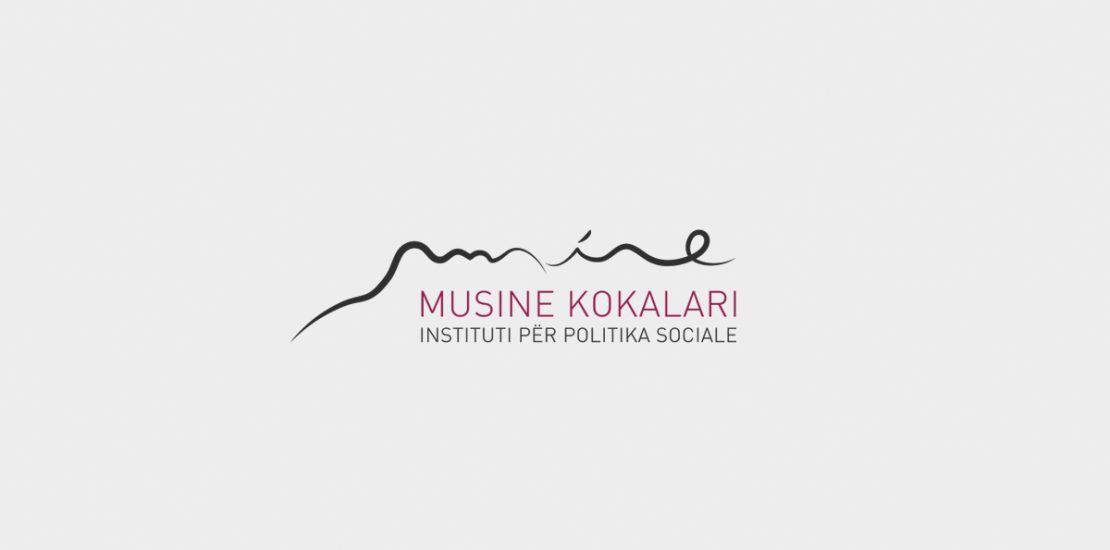By strengthening community inclusion and social justice, the normalization of relations between Kosovo and Serbia can bring benefits not only for regional peace but also for cohesion and equality within Kosovo itself.
Written by: Nora Gjuzi
They are hygiene workers at the “Isa Grezda” hospital in Gjakova. They are women from the Roma, Ashkali, and Egyptian communities. They face delays in payments and job insecurity.
Such situations are common in the labor sector in Kosovo. As research shows, this is even more so when it comes to workers from the RAE communities.
At the “Isa Grezda” hospital, they have even been forced to protest and hold strikes. Sebahate Quni is one of them. Her work went unpaid due to contractual disputes between the public employer and the private company.
The responsible institutions do not take action. Salaries do not arrive. Trade unionists even begin to suspect discrimination based on ethnicity, like Sakibe Hoti.
These problems have become a chronic issue that requires sustainable institutional solutions. Challenges in education, severe socio-economic conditions, healthcare, employment, and early marriages continue to persist, making it essential to undertake concrete and long-term measures to improve the situation.
One of the key issues for improving the conditions of the Roma, Ashkali, and Egyptian communities remains their active inclusion in all spheres of public and institutional life. In this context, the institutional regulation of the rights and competencies of these communities is an important step toward improving their conditions. But not only that.
As a prerequisite, a framework enabling an inclusive and reconciliatory society is needed. This was initially designed by the Ahtisaari Plan, from which today’s constitutional model of Kosovo has been derived.
Secondly, the normalization of Kosovo-Serbia relations is essential. Consulting non-majority Albanian and Serbian communities, specifically integrating the Roma, Ashkali, and Egyptian communities into this dynamic, strengthens social cohesion and the legitimacy of institutions.
The reduction of tensions between Kosovo and Serbia would allow political attention to focus more on internal challenges. During a period of stability, the Government of the Republic of Kosovo could prioritize equal opportunities, access to education, employment, and social services for the RAE communities, instead of concentrating its resources on security or diplomatic issues.
The normalization of relations between Kosovo and Serbia can also become a catalyst for change for the RAE communities. The implementation of agreements reached in the Brussels dialogue is already a condition for the progress of both Serbia and Kosovo towards European Union membership. Therefore, the normalization process, facilitated by the European Union, is accompanied by ‘Europeanization,’ institutional reforms, strengthening the rule of law, and human rights. In this way, it includes the fight against discrimination and the improvement of respect for human rights in key areas for the RAE communities, which often face marginalization and exclusion.
By strengthening the inclusion of communities and social justice, the normalization of relations between Kosovo and Serbia can bring benefits not only for regional peace but also for cohesion and equality within Kosovo itself.
As such, this is a shared interest — including for those who manage and work at the “Isa Grezda” hospital in Gjakova.
(The author is a journalist at Radio Television of Kosovo (RTK). This publication was made possible within the framework of the project “Dialogue, Solution, Future,” supported by the Federal Foreign Office of Germany, and implemented by the New Social Initiative (NSI) and the Musine Kokalari Institute for Social Policies. The content does not necessarily reflect the views of the Federal Foreign Office of Germany.)

